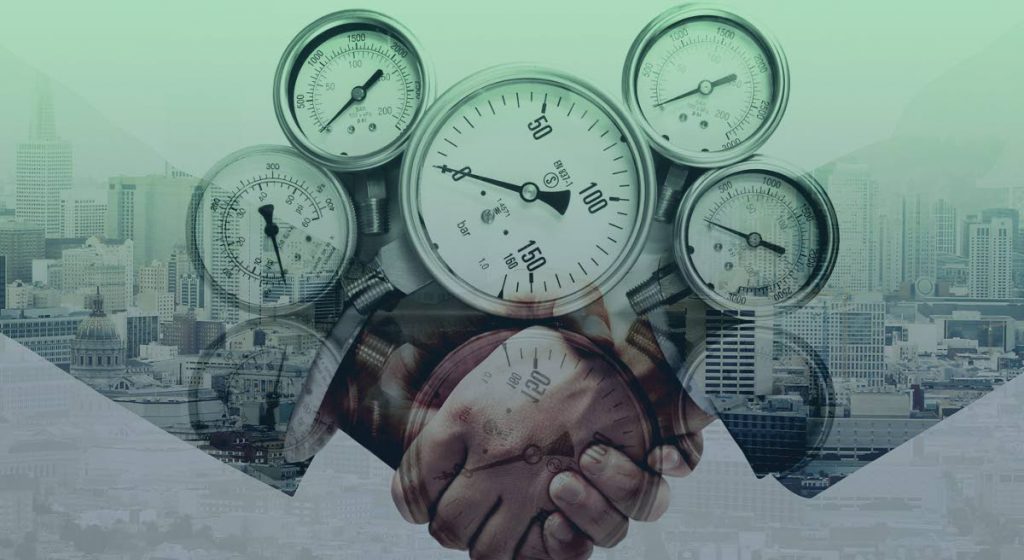Who do you trust?

Every year in January the World Economic Forum hosts an invite-only event in the Swiss ski resort of Davos. Politicians, academics, businessmen and a smattering of billionaires make up the guest list at this elite talk shop at which a range of global challenges are discussed. Top of the agenda this year? The issue of trust.
Edelman, the global PR consultancy, has published a Trust Barometer since 2001, and regularly launches it at Davos each year. Eighteen years ago, the headlines were all about how non-government organisations (NGOs) were leading the way in the trust stakes, with them seen as the most credible organisations on issues such as climate change and societal matters.
This year, the Trust Barometer is all about trust at work, with results revealing a large shift in people’s relationship with their employer, with more people are now more trusting in their employer than government and the media. Edelman describe this as a shift towards localised trust, with people trusting more the relationships within their control – most notably their employers. Edelman has also revealed that there is now a gender trust gap, with women having less trust in business than men, especially in Germany and the US.
The research also points to respondents – some 75 per cent – saying they expect their chief executives to lead change, rather than governments or policy makers. Some 73 per cent say that they believe a company can take actions that both increase profits and improve economic and social conditions where that business operates.
ACCA has also conducted a trust survey to gauge views about tax and tax systems amongst the general public in G20 countries. Our findings reveal a trust deficit amongst politicians and the media – 58 per cent of respondents expressed distrust or strong distrust in politicians, with only 37 per cent saying they trust or highly trust tax authorities and 34 per cent distrusting or highly distrusting them.
Tax is a complex issue and one that touches all our lives – so trust in the tax systems, policies and processes, as well as tax advice, are all important. What many business leaders and organisations know is that once trust is lost, it’s hard to regain. What’s clear from our tax and trust research is the need for all significant players – from politicians to tax experts – to work together to build and sustain the public’s trust in tax. And while the accountancy profession fares the best again in this year’s results, we cannot be complacent about these findings.
Building trust and working together needs a high level of emotional intelligence, what’s known as EQ. This is the ability to identify your own emotions and those of others, to harness and apply them to tasks, and regulate and manage them. Some people have a natural EQ, they seem to be able to build trust, be authentic and just build rapport. Others may not find this so easy – but EQ can be learned. Developing one’s own EQ demands working on a range of competencies including developing a growth mindset, honing your own self-knowledge, taking a wider view and developing empathy. Seeking feedback can also help – but again trust comes into the equation too as that feedback has to be trusted.
ACCA believes that EQ can be something of a super power, especially for the accountancy profession where trust is vital. The trust that’s put in our members on a daily basis – by small businesses or entrepreneurs looking to grow their business, or people wanting their tax affairs sorted out – is immense. Professional accountants have to build and sustain trust; they have to build rapport with their colleagues and their clients. In fact, we all have to do this regardless of where we work and what we do. Collaboration is the name of the game – even in this digital age when tech seems to rule our everyday lives. We have to consistently re-evaluate new ways of leading, influencing, motivating and mentoring, of using technology to our advantage rather than being a slave to it.
We all need to understand a little more how to adapt, to understand how trust is built, managed, lost and repaired in a digital age.


Comments
"Who do you trust?"